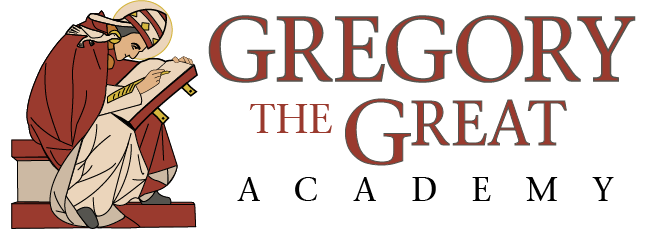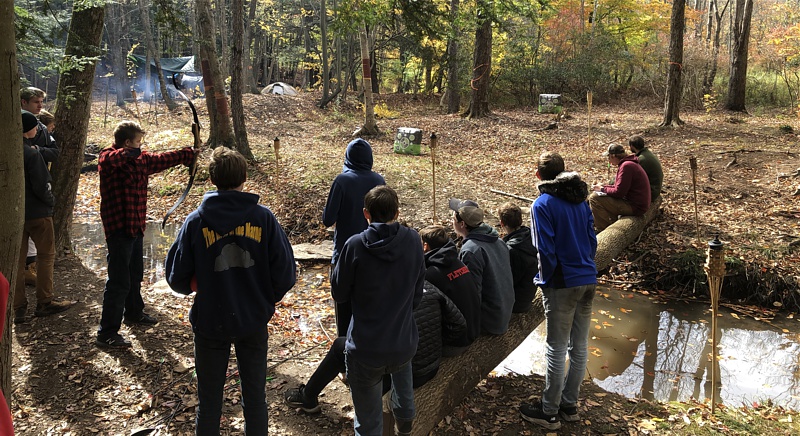Experiential Learning
Experiential learning is the development of a habit of reflection as a student learns by doing. “Habit of reflection” is the operative term. The value of doing is enhanced and fostered when a boy wonders, when he asks questions. Reflection causes a student to be active in his own learning and to desire it because he wants his own questions answered.



